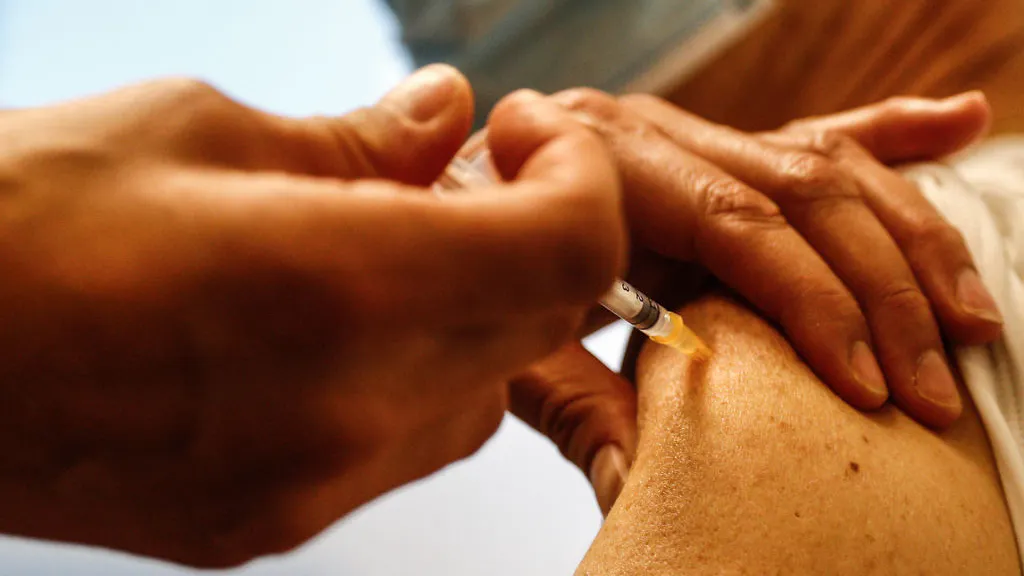Large percentages of health care workers in multiple states have said they would not take the COVID-19 vaccine, with some citing a distrust of the political machinations behind the timeline of the vaccine’s creation.
The New York Post reported Friday that health care works in California, New York City, Ohio, and Texas are refusing to take the vaccine in large numbers. The workers are citing skepticism that the vaccine would work without side effects given how quickly it was developed and approved.
“Earlier this week, Ohio Gov. Mike DeWine disclosed that about 60 percent of the nursing home workers in his state have so far chosen not to get vaccinated,” the Post reported. “More than half of New York City’s EMS workers have shown skepticism, The Post reported last month.”
In California, surveys of health care workers at various hospitals have also shown a reluctance to take the vaccine, even though those in the industry are among the first in line to receive it. The Los Angeles Times reported that about 50% of workers at St. Elizabeth Community Hospital in Tehama County have refused to take the vaccine even though it has been offered. About 20% of workers at Providence Holy Cross Medical Center in Mission Hills have also declined, the outlet reported.
“Roughly 20% to 40% of L.A. County’s frontline workers who were offered the vaccine did the same, according to county public health officials,” the Times reported. “So many frontline workers in Riverside County have refused the vaccine — an estimated 50% — that hospital and public officials met to strategize how best to distribute the unused doses, Public Health Director Kim Saruwatari said.”
The outlet vouched for the “safety and efficacy” of the vaccines, which is backed by scientific evidence. One hospital worker at Providence Holy Cross told the outlet she won’t take the vaccine because she’s unsure how it would affect her since she’s six months pregnant. She said other workers are declining the vaccine because they haven’t caught it so far despite being on the front lines and feel they could survive it.
“I feel people think, ‘I can still make it until this ends without getting the vaccine,’” she told the Times.
In Texas, a doctor at the Houston Memorial Medical Center told NPR that at least half the nurses at the hospital were refusing the vaccine.
The Times reported that some of the vaccine anxiety was reported in a recent Kaiser Family Foundation survey that found 29% of health care workers were at least hesitant to take the vaccine:
“Even the name, Operation Warp Speed, draws some concern for people about the rush to push it through,” said Dr. Medell Briggs-Malonson, an emergency medicine physician at UCLA Health who has received the vaccine. Still, she urged her colleagues to do the same.
“It’s certainly disappointing,” said Sal Rosselli, the president of the National Union of Healthcare Workers. “But it’s not shocking, given what the federal administration has done over the past 10 months. … Trust science. It’s about science, and reality, and what’s right.”
The consequences are potentially dire: If too few people are vaccinated, the pandemic will stretch on indefinitely, leading to future surges, excessive strain on the healthcare system and ongoing economic fallout.
“Our ability as a society to get back to a higher level of functioning depends on having as many people protected as possible,” said Harvard epidemiologist Marc Lipsitch.

.png)
.png)

